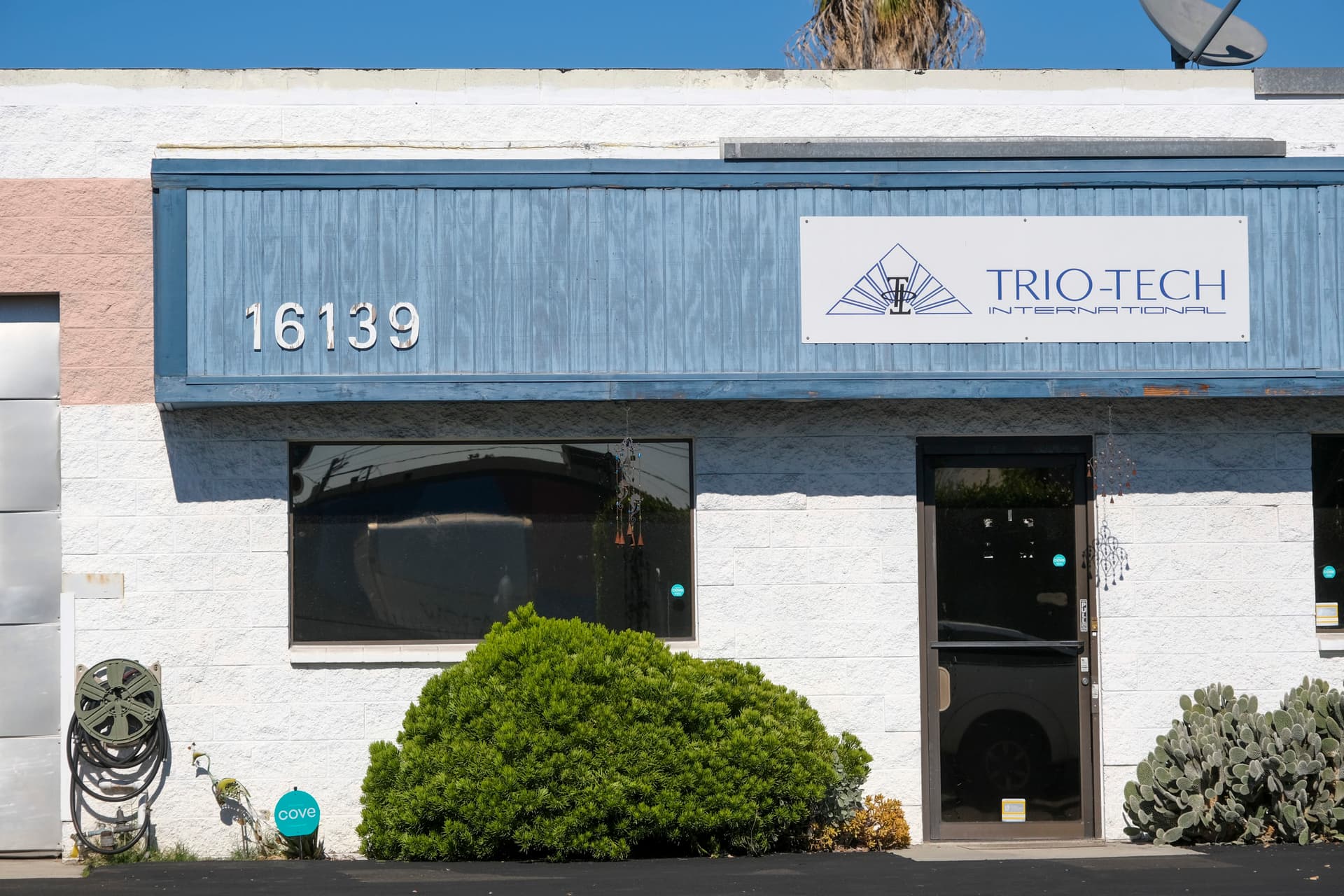Trio-Tech Revenue Surges on AI Chip Demand, Margins Under Strain
Trio-Tech posted a notable first quarter revenue increase driven by demand for AI chip testing services, while profitability remained pressured by elevated expenses. The results highlight a strategic pivot into AI related services that could boost long term growth, but also underline the challenge of translating top line momentum into sustainable margin expansion.
Listen to Article
Click play to generate audio

Trio-Tech reported a sharp rise in first quarter revenue as demand for AI chip testing services bolstered sales, yet the company’s profitability painted a more constrained picture. Operating income for the quarter totaled $46,000 against operating expenses of $2.54 million, while net income was $165,000 and diluted earnings per share from continuing operations stood at $0.02. Those figures signal a company capturing new market opportunity but still absorbing material cost pressures.
Management told investors it expects steady growth in its Industrial Electronics segment through fiscal 2026 and anticipates additional revenue streams from AI chip testing services. The business mix shift toward testing and validation services for artificial intelligence hardware mirrors broader industry trends, where rising demand for advanced chips is increasing the need for specialized testing, qualification and yield optimization services across the semiconductor supply chain.
The gap between rising revenue and thin operating profit underlines the scaling challenge for smaller suppliers that are investing to meet AI driven demand. Trio-Tech’s operating income of $46,000 is a modest cushion relative to operating expenses of $2.54 million, indicating that a significant portion of revenue growth so far has been absorbed by fixed costs, hiring, or ramp up expenditures. The higher net income relative to operating income suggests that non operating items provided some relief during the quarter, but investors will be watching whether core operating margins improve as AI revenue scales.
From a market perspective, Trio-Tech’s development is illustrative of a bifurcated opportunity facing suppliers to the AI hardware ecosystem. On one hand, secular demand for AI compute and associated testing creates a multi year runway for revenue expansion. On the other hand, competition for customers, the need for capital investment in specialized equipment, and pressure to shorten lead times can compress margins until volume utilization and productivity gains are achieved.
Policy developments may also matter to Trio-Tech’s trajectory. Governments in the United States, Europe and Asia have prioritized strengthening semiconductor ecosystems, including testing and packaging capacity. Public funding, tax incentives and procurement programs aimed at boosting domestic chip manufacturing could indirectly benefit testing service providers by accelerating chip production and localization. Trio-Tech will need to align its capital allocation and cost discipline to capture those tailwinds efficiently.
Looking ahead, the company’s declared focus on cost control combined with targeted growth investments will determine whether current revenue momentum translates into durable profitability. Investors will be monitoring quarterly margin trends, utilization of testing capacity, and the pace at which AI related contracts convert from pilot projects into recurring engagements. Trio-Tech’s Q1 performance underscores a classic growth dilemma. Strong demand opens new markets, but converting that demand into reliable, high margin earnings remains the central operational test.


